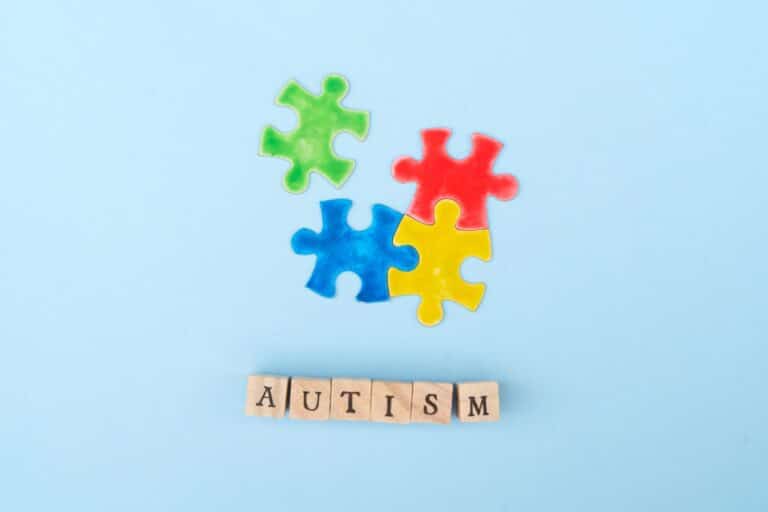When you think about your depression, you might only consider how it affects you. You may not have considered the effect it can have on your spouse or partner. Clinical depression, like other mental health conditions, is not contagious, at least not in the classical sense. However, the moods and emotions associated with clinical depression can spread to those around you.
You may look to your partner to cheer you up or support you when your depression is exacerbated. But what if your partner is also feeling the effects of your condition? Your depressed mood could spread to your partner. Being able to notice when this is occurring and knowing what to do can help you maintain healthy relationships despite your condition.
Look for the Signs
When determining if your depression is affecting your spouse, it’s important to remember that more than one person in a relationship can have a mental health condition. Your loved one’s depressed mood could be a byproduct of dealing with your depression. However, it is also possible that they could develop their own major depressive disorder. If this occurs, you are in a unique position to help them because of your personal experience.
When trying to determine if your depression is affecting your spouse, it helps to start with an open dialogue in a safe space. Ask them how they feel when they are around you compared to when they are around others. Consider the following questions:
- Does their mood change in your presence?
- Does it seem to parallel or react to changes in your mood?
- Do they have other symptoms that might be more characteristic of clinical depression rather than a depressed mood?
Healing Together
If you think your spouse’s mood is being negatively affected by your depression, it can feel like a hopeless situation. However, there are steps you can take that will not only help your depression but also help your partner.
Seek Treatment
When battling depression, it can be tempting to feel like you should be able to conquer it without intervention. However, one of the most beneficial things you can do for yourself and your partner is to get treatment for your depression. This might be in the form of medication, psychotherapy, or a combination of the two.
It might take some time for you to notice the difference treatment can make. However, your spouse will likely recognize the improvements long before you do. While your depressed mood might’ve brought your partner down, your improved mood from treatment can lift them back up with you. Finding the best treatment for you might take some trial and error, but the benefits can be drastic.
Consider Couples Therapy
People often think that couples therapy is only for those having disagreements. However, couples don’t have to be arguing with each other for therapy to be effective. Therapy can help couples work toward a common goal, such as battling depression and finding joy in their relationship.
Just because your depression might be the source of your partner’s depressed mood doesn’t mean you are the enemy. In therapy, you can work to move past any potential feelings of blame or guilt. You and your partner can learn tools and coping mechanisms in therapy that will bring you closer together and better able to tackle life’s obstacles.
Prioritize Check-Ins
Lack of communication is one of the most significant issues for couples. Many issues or disagreements are often rooted in poor communication. Sometimes working on this aspect can improve or resolve problems entirely.
Checking in with your spouse about your depression and how it’s affecting their mood can have surprisingly therapeutic qualities for both of you. This can also create a safe space to share feelings and struggles. Sometimes, voicing your concerns to your partner can make you both feel better.
Offer Reassurance
Having depression can bring down your spouse’s mood, whether subconsciously or because they are worried about you. Paired with poor communication, this can leave your partner feeling helpless. Sometimes, the best thing you can do is to reassure your spouse.
Sometimes, things won’t be going well with your depression. In those times, you can still offer reassurance in another way that is still helpful. Sometimes, being honest about your struggles can be a form of reassurance for a spouse who otherwise might feel depressed by the uncertainty of not knowing.
Lighten the Load
Working with your partner and being open about your depression is essential. However, it is also vital that you are careful not to place an over-dependence on your partner. While you may depend on them for emotional support during difficult times, this shouldn’t come at the sacrifice of their mental health.
It can help to have an individual therapist, support groups, or friends and family members to talk to about your depression. Distributing some of your support needs to others can put less pressure on your spouse. This might be the relief they need for their mood to improve.
Clinical depression may not be contagious in the classical sense, but your depressed mood can spread to those you are close to. If your clinical depression is causing your spouse to feel depressed, there are steps you can take to help. In taking these steps, it is essential to remember that your spouse can develop their own case of clinical depression necessitating treatment. At Southern California Sunrise Recovery Center, we understand the complexity of relationships and how mental health conditions can affect those you love. We aim to offer our clients the resources to help themselves and their loved ones cope with their depression. To learn more, call us at (949) 284-7325.






